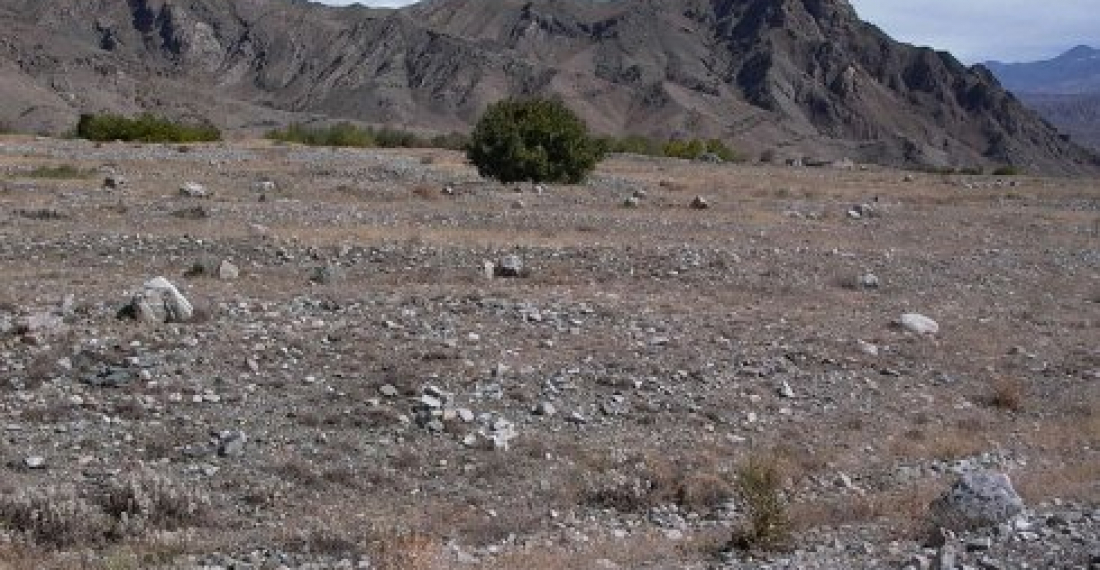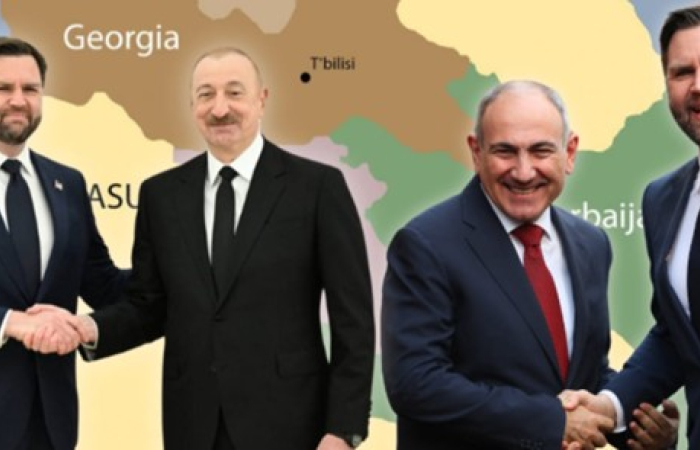Updated at 1900 GMT adding Armenian comment
An Azerbaijani soldier has been killed in combat on the Nakhchivan sector of the Armenia-Azerbaijan state border, defence sources in Baku have reported.
The soldier was named as Ali Adil Tatarov.
The Azerbaijani Ministry of Defence said that he was killed in combat "during the suppression of another provocation by the Armenian Armed Forces". Both the Defene and the Foreign Ministries in statements made thinly veiled suggestions that the incident was linked to a recent visit to the area by the new Armenian Defence Minister.
Casualties on this sector of the Armenia-Azerbaijan border are not very common.
In a comment to TASS news agency on Sunday evening, an Armenian Defense Ministry spokesman said "Azerbaijan's armed forces conducted active engineering works at certain sections of the border with Armenia seeking to improve their positions. Invigoration of engineering works and other provocative actions entail shootouts and, as a consequence, human casualties."
Commonspace.eu reports cease fire violations from secondary sources and we are not in a position to confirm or otherwise these reports.
source: commonspace.eu with agencies







